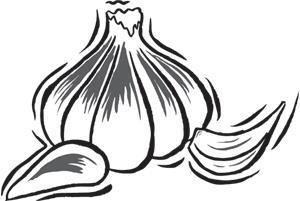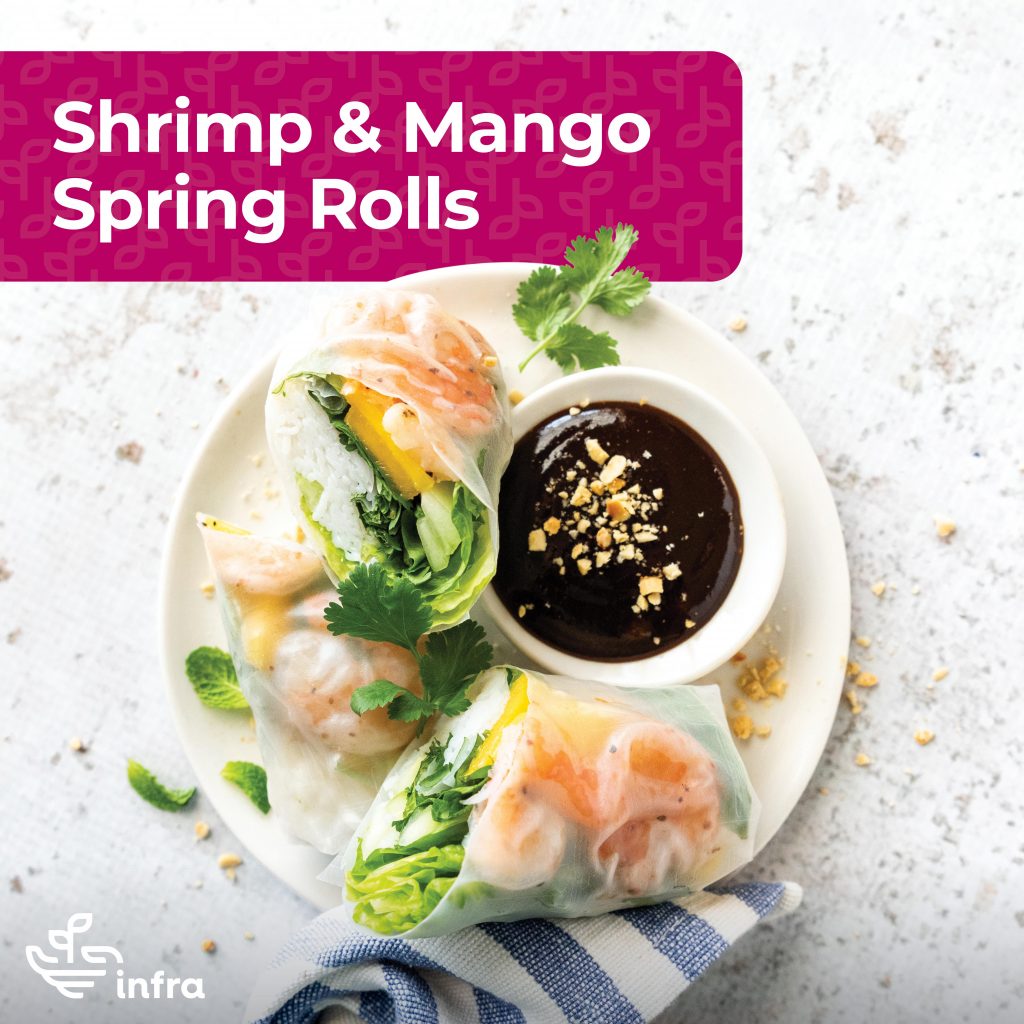
In a review of all garlic/colorectal cancer (CRC) studies during the past 10 years, researchers identified eight high-quality studies. In one double-blind, placebo-controlled clinical trial, the number and size of colon tumors decreased by 29% in participants with CRC who had taken aged garlic extract. In five of the studies, those who had eaten raw or cooked garlic had lower risk for CRC compared to those who had not eaten garlic. In two of the studies, those who had eaten raw or cooked garlic had lower risk for cancer of the distal or Sigmoid colon—which is located near the end of the intestine— compared to those who had not eaten garlic. Doctors stated that in these seven studies on average, those who had eaten garlic were 30% less likely to have CRC com- pared to those who had not eaten garlic. Researchers concluded that there is consistent scientific evidence that garlic protects against CRC, even though the doses and forms of garlic vary widely.
In a preliminary study of colorectal polyps (CP), authors noted that those with CP often have low levels of folate—the food form of folic acid—in the intestine near the polyps. When those with CP took 5 mg of riboflavin plus 400 mcg of folic acid, folate activity in the intestine increased, compared to those who took folic acid alone.
Reference: Cancer Epidemiology, Biomarkers & Prevention: October, 2007; Vol. 16, No. 10, 2128-35.
All articles shared on our site are for the purpose of nutritional information only and should not be considered a substitute for professional medical advice.


